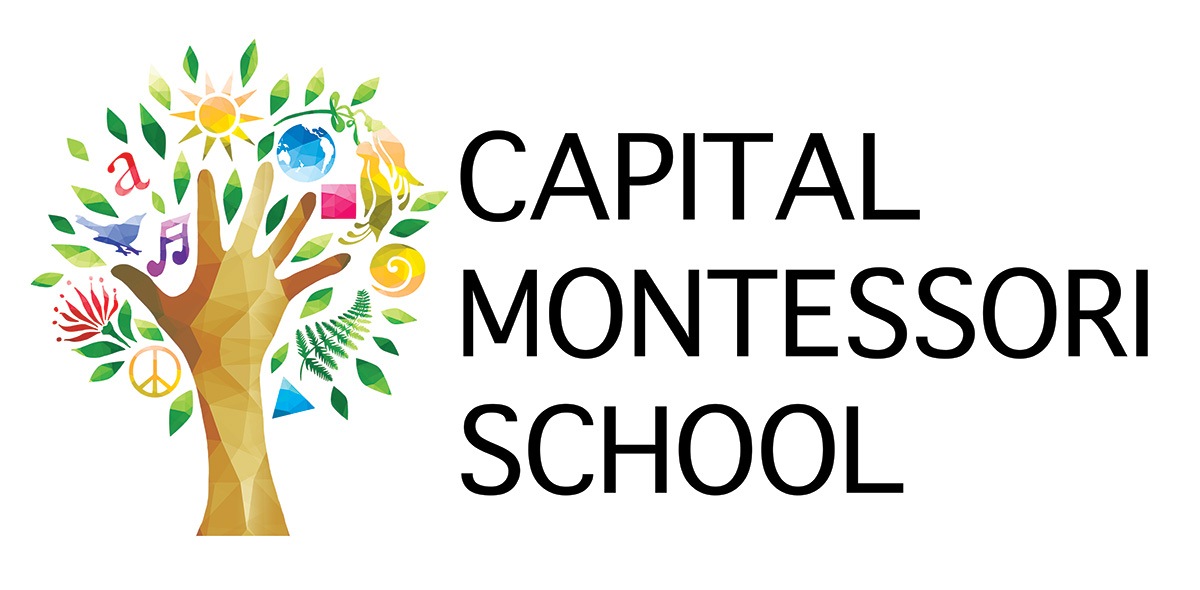Joy from concentration
If you've ever experienced an occasion when something gets you so engaged that you lose track of time, and when finished you emerge relaxed, satisfied and happy, you've experienced what psychologists call 'flow'. It's this kind of concentration that Montessori teachers are aiming to achieve for your child. Flow nurtures a child's natural joy, ease and love of learning. We have a three-hour period in the morning where the children have open, uninterrupted time to choose independent work, become deeply engaged and complete activities to their own satisfaction.
We follow the child
It may sound unusual but our teachers don't teach. Their role is to observe and guide. Our teachers take the time to observe each child and create an environment that supports that child's individual needs in the classroom. It's the teacher's role to introduce your child to learning materials and activities as their interests and developmental needs change.
Mixed age classrooms
The mixed age group (3-6 years) of a Montessori classroom allows the children to develop intellectually, emotionally and socially over three years. Older children strengthen their own learning by teaching the younger children, and they gain confidence and get great satisfaction from taking a on a leadership role. The younger children get help from their peers as they increasingly learn to do things themselves. Mixed age classrooms are an essential part of a Montessori learning community.
A prepared environment
The classroom is an important part of a Montessori education. It is beautiful, child proportioned, purposeful, natural and real. It is homely, with a garden and flow between the inside and outside. It's filled with materials, activities and experiences to inspire the children. The things in the classroom are chosen based on the teachers' observations of the children. In a typical Montessori classroom, you'll see objects in baskets, trays and boxes arranged on shelves that the children can access. Each activity or work is designed to teach a specific skill or concept.
Children learn by doing
For younger children (0-6 years) Montessori takes a hands-on approach, where they learn by doing. Activities use the five senses, kinetic, movement, spatial refinement, small and large motor skill coordination, and concrete knowledge later leading to abstraction. Montessori works in a methodical way. Each step in the process leads to the next level of learning and repeating and mastering activities is an integral part of the learning process.
The freedom of play
In a Montessori classroom the children are free to do any activity they choose, including play. In fact, Montessori said that 'play is the work of the child'. At this age children are most interested in how their world works. They often do this by imitating the grown ups in their lives, through pretending and play. We give children a real environment to do the things they see us doing, with real tools - like preparing morning tea, peeling and cutting fruit and vegetables, baking, gardening and taking care of the classroom environment.
A calm, peaceful classroom
The classroom is the home of which the children are the masters. Children in a Montessori classroom have as much independence as possible. They take charge of preparing food, looking after the garden and keeping the classroom tidy. They also choose their own activities and choose how long they want to spend doing them. This is immensely satisfying and keeps them very busy. They generally choose an activity, settle into it and happily get on with it. A peaceful classroom emerges and noisy or chaotic play disappears.
Too structured or too much freedom?
Montessori education is well known for the concept of freedom, but rather than the notion of 'getting away with anything', it's the freedom to move and choose that's important. Structure and order, inside and outside the classroom allows the children to have a great deal of freedom. They are free to interact with their environment, as they like, with minimal interruption and the support of their teachers.
Working together and alone
Children naturally and spontaneously interact with one another in the classroom. They can choose to work alone or with other children, but they are never made to work as a group if they don't want to. We place a lot of emphasis on how to work respectfully with others, work out problems together, and how to be a kind, caring and thoughtful member of the community.
We model grace and courtesy
We role model grace and courtesy in the classroom. We use calm voices when teaching and speaking and we treat each other with respect. We learn to handle objects with care and to control the movement of our bodies. We support the children to share the classroom, take care of each other, and develop their social skills in positive ways.
We trust the child
Montessori's method is founded on the belief that children should be free to learn without restriction or criticism. It doesn't compare a child to norms or standards measured by traditional education systems. Learning is a natural process that develops spontaneously and children do best when we put our trust in them, and let them learn in their own way, in their own time.








